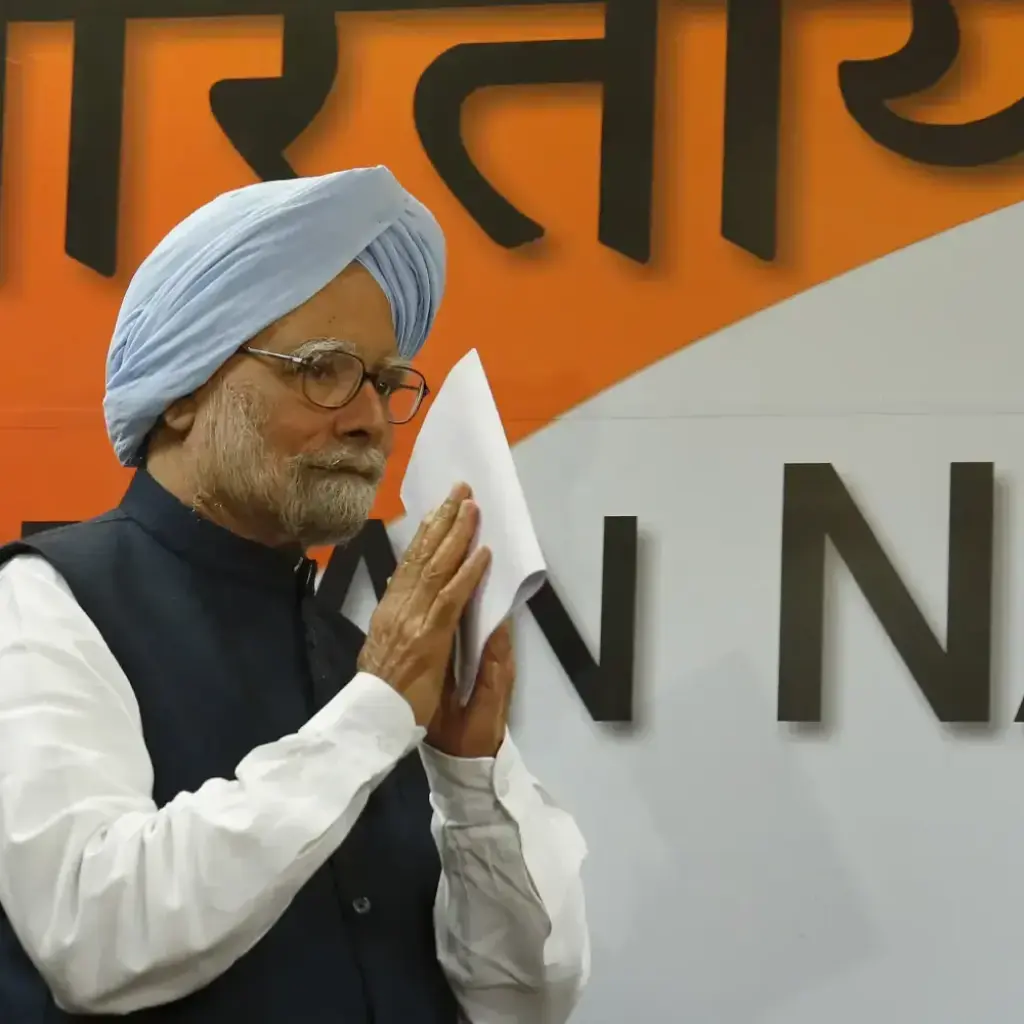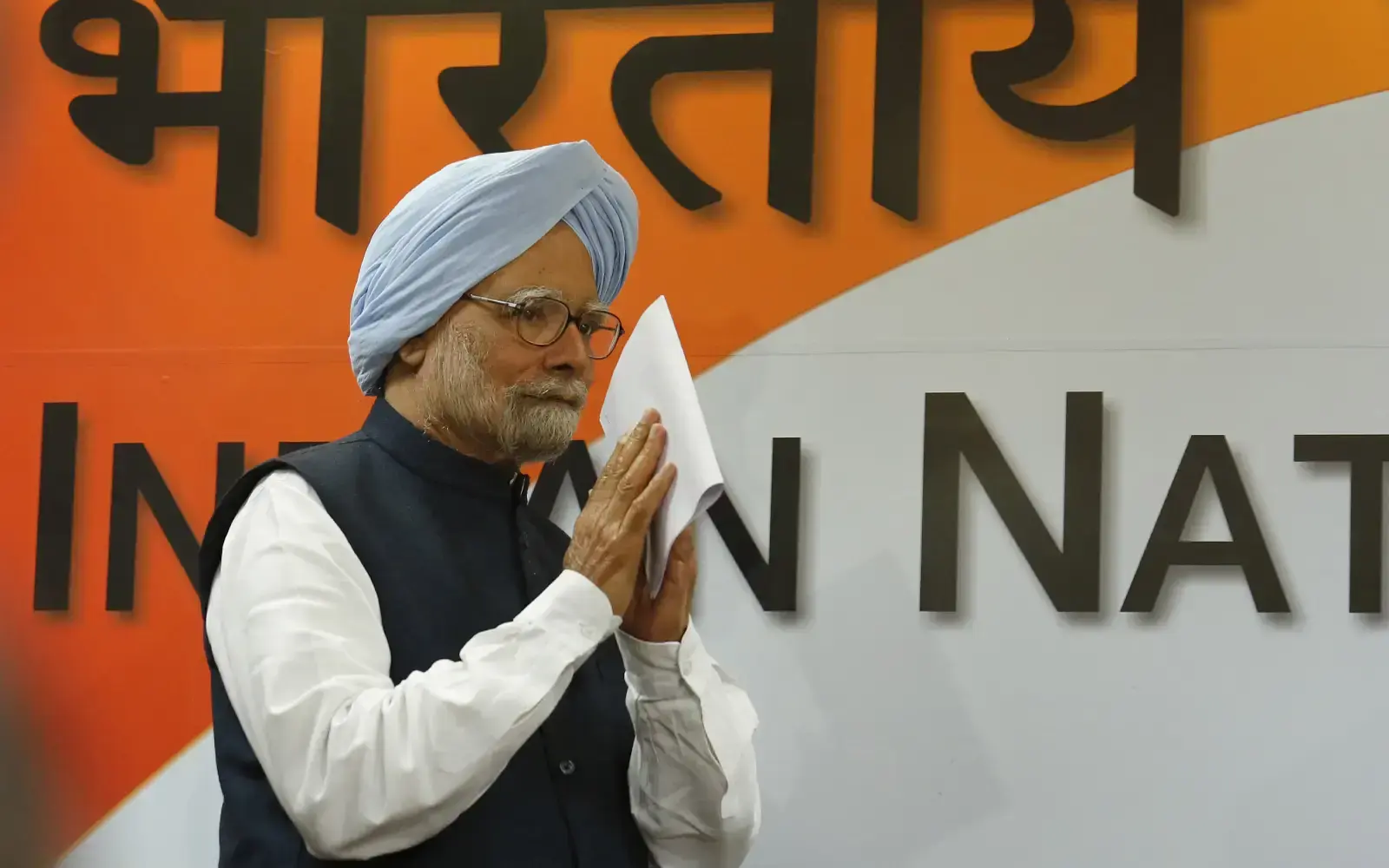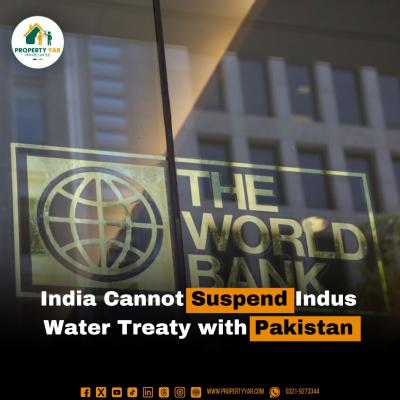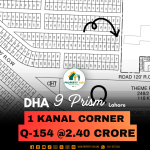
India's former PM Manmohan Singh architect of economic reforms dies aged 92
Manmohan Singh, India’s 14th Prime Minister and a pivotal figure in the nation’s economic transformation, passed away on December 26, 2024, at the age of 92. His demise marks the end of an era characterized by significant economic reforms and a commitment to public service.
Early Life and Education
Born on September 26, 1932, in Gah, Punjab (now in Pakistan), Singh’s early life was marked by academic excellence. He earned his Bachelor’s and Master’s degrees in Economics from Panjab University in 1952 and 1954, respectively. Pursuing higher studies abroad, he completed his Economic Tripos at Cambridge University in 1957 and obtained a D.Phil. in Economics from Oxford University in 1962.
Academic and Professional Career
Singh’s expertise in economics led him to various significant roles, including positions at the United Nations Conference on Trade and Development (UNCTAD) and as an advisor in the Indian government. His profound understanding of economic policies positioned him as a key figure in shaping India’s financial landscape.
Political Career and Economic Reforms
In 1991, amid a severe economic crisis, Singh was appointed as India’s Finance Minister. He introduced groundbreaking economic reforms that liberalized the Indian economy, steering it towards globalization and market-driven growth. These reforms laid the foundation for India’s emergence as a major global economy.
Prime Ministerial Tenure (2004-2014)
Singh became the first Sikh to hold the office of Prime Minister in 2004, leading the Congress-led United Progressive Alliance (UPA) government. His tenure was marked by robust economic growth, significant social welfare programs, and a historic civil nuclear agreement with the United States in 2008, enhancing India’s global standing.
Challenges and Legacy
Despite his personal integrity, Singh’s administration faced challenges, including allegations of corruption and internal political strife. Nonetheless, his contributions to India’s economic liberalization and development are widely acknowledged. Singh’s leadership style, characterized by humility and a focus on inclusive growth, left an indelible mark on the nation’s progress.
Final Years and Passing
After retiring from active politics in 2014, Singh remained a respected voice on economic and policy matters. He passed away due to age-related health issues, leaving behind a legacy of economic transformation and dedicated public service. Singh is survived by his wife and three daughters.
Manmohan Singh’s life journey from a modest village in Punjab to the highest echelons of Indian politics serves as an inspiration, reflecting his unwavering dedication to the nation’s progress and prosperity.












